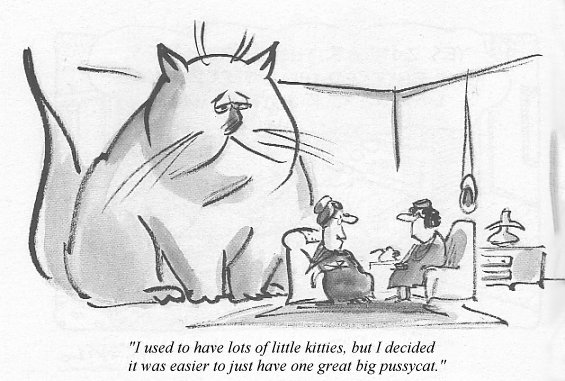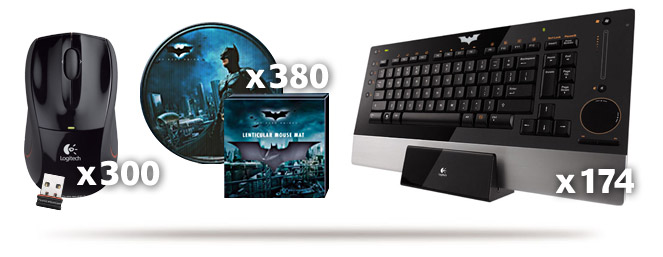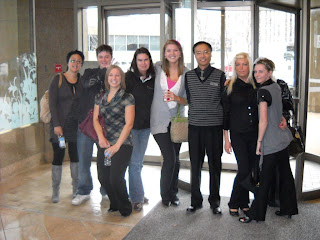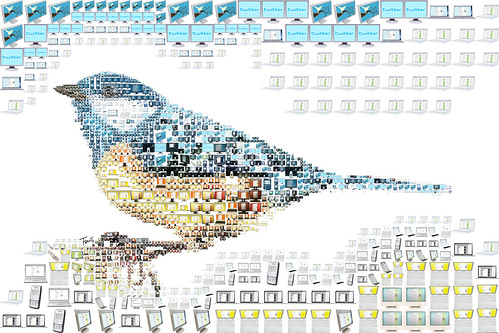Before Web 2.0 evolved, the concept of "
Customer loyalty" was pervasive in the software industry (E.g. "we've only ever used Microsoft Outlook for CRM").

In many people's view, this was the result of a combination of factors including the following:
- steep prices for software, making it prohibitive to buy from another vendor
- unique "killer" features of one title over another
- investment of intensive staff training, and costs of subsequent re-training
With the establishment of Web 2.0 software applications, smaller agile
companies were able to come up with competitive products that were
able to quickly pull "loyal" customers away from the giants. Some of the advantages are as follows:
- low fees for software
- streamlined features to get the job done
- easy-to-learn minimal staff training
Moreover, note that competing companies can copy all of the
functionality, terminology, and marketing from other companies
extremely easily...(e.g. compare the glaring similarities between American Basecamp and the European iTeamwork, for
instance).
In the current environment then, with high exportability of data
records, think about how easy it would be for you to buy one software
title...
use it for a while and then say "nah, there's something better over here..."
....and quickly change vendors
(e.g. people that used Evite from Yahoo now use
Facebook for event management;
Australian Diigo
quietly took over Furl for online management of bookmarks;
Delicious is contending with Yahoo and Google Toolbar for bookmarks)!
Did Web 2.0 move us into a world of low customer loyalty, copycat
features everywhere, and high migration?
For instance, there are sooo many vendors for free (and almost free) Web 2.0 software for
task management lists, todo lists, and sticky note applications,
that it boggles the mind which one to choose.
Most sane people likely just "go with the marketing flow."

How do Web 2.0 vendors retain customers? To ponder...
- "Air miles" point / discount programs to make customers reluctant about switching vendors?
- How comfortable are you with the vendor's business philosophy - are you in-tune?
- With more organizations from your industry using the same application, there may be more apt support for your specific needs, right?
- Do you keep buying more and more disparate mini applications, or just get one giant application that is much more robust?

























